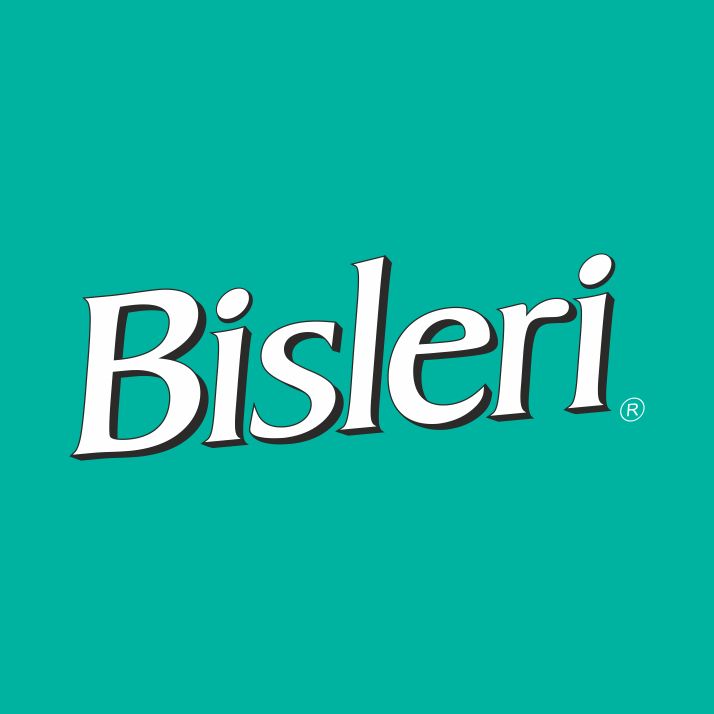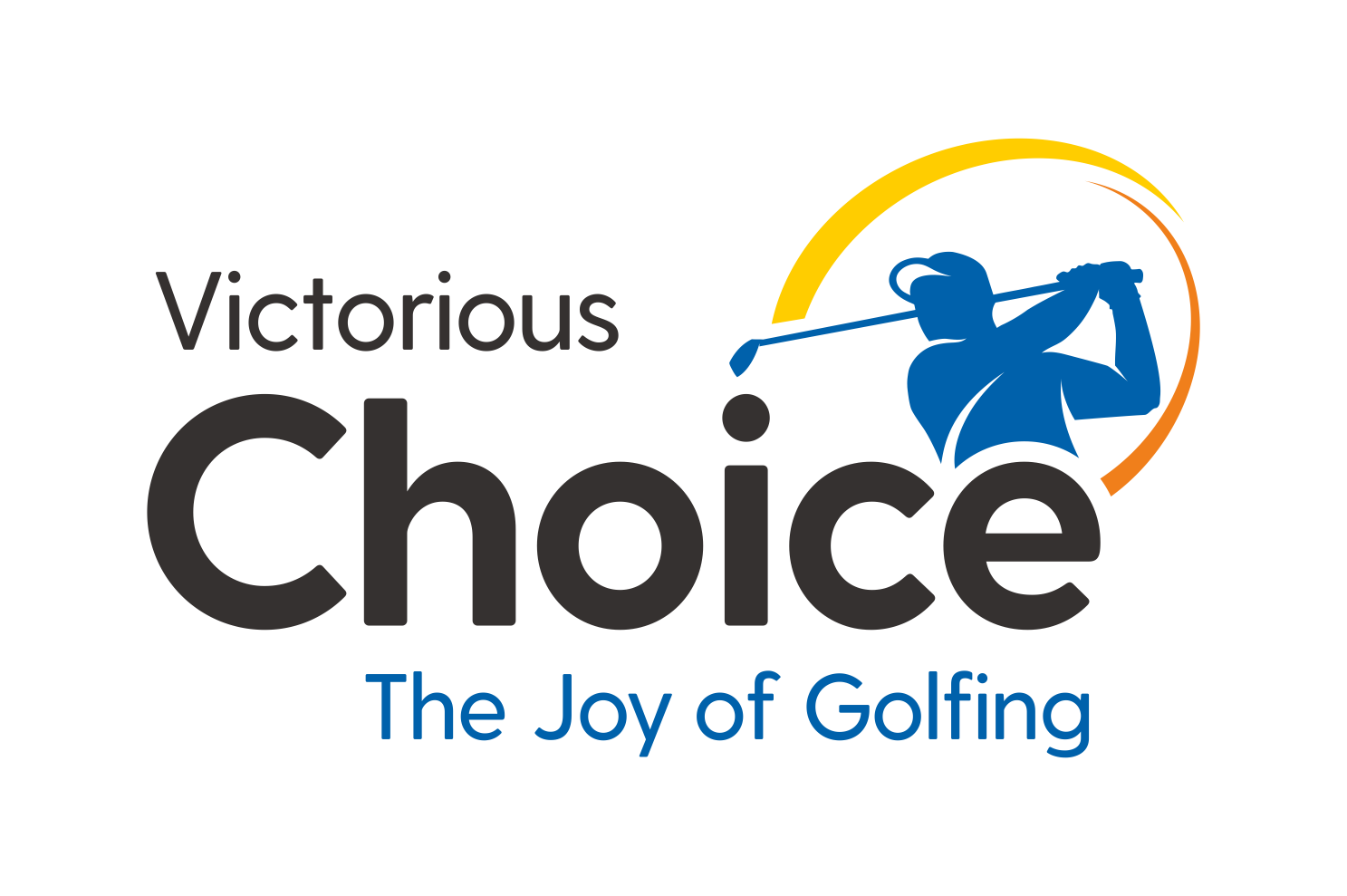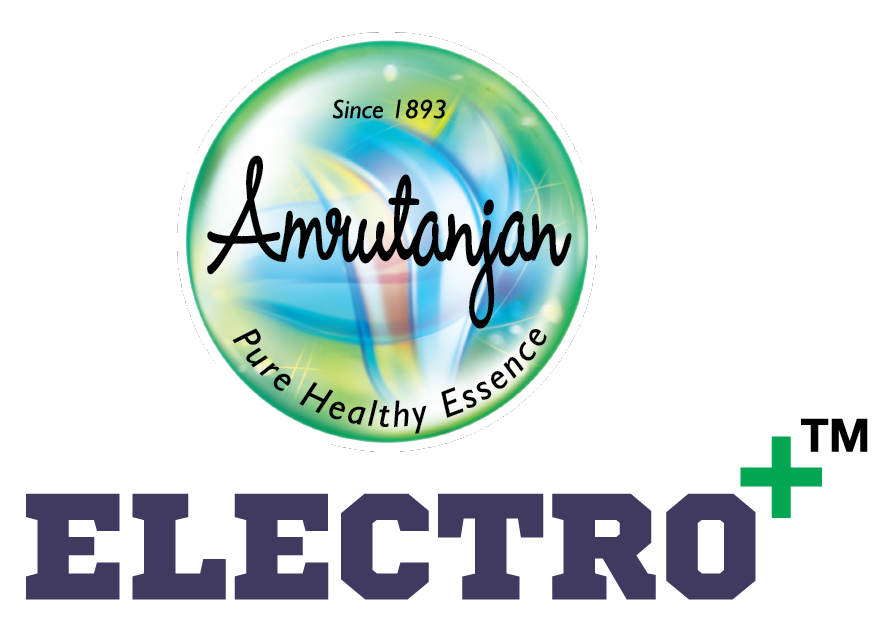By V Krishnaswamy
While the Indian Golf Union, was doing its best to promote the sport in India, it was felt that for a more single-minded devotion to the upliftment of professional golf, a separate body was required. The first seed of the formation of the Professional Golfers Association of India (PGAI) was sowed in 1988, but it took almost six years before the Association was actually formed.
In 2006-07, the players formed Professional Golfers Tour of India (PGTI) which took over the running of professional golf in India. In its first year itself, it raised Rs. 4.60 crores and the second season promised almost double that amount.
Going back to the 1960s and 1970s, while good news kept pouring now and then for the Indian team, the individual professionals kept faring poorly barring the success of Billoo Sethi in 1965, and there were many who thought the local golfers only made up for the numbers in the Indian Open. Things finally began to look up in 1990, when Calcutta veteran Basad Ali stood third behind Andrew Debusk and Carlos Espinosa.
Finally in 1991Ali Sher showed the way as Indians took center stage in 1990s. Ali Sher, small in height but with a huge heart, broke the foreign stranglehold in 1991. A hole-in-one on the 184-yard seventh on the second day propelled Sher as he shot a 67 to take the lead. He finished with a dramatic birdie on the final hole to become the first Indian professional ever to win the Indian Open title. As if to prove that his '91 win was no fluke, Ali Sher repeated the magic in 1993 when he beat Feroz Ali by one stroke.
Ali Sher's victory was just the tonic Indian golf was looking for. Here was a man of extremely modest beginnings - he was a caddie at the Delhi Golf Club - walking away with a title that every Indian golfer would have given his right arm for. Accolades and awards poured in for Ali Sher and he was conferred the Arjuna Award as well as an honorary membership of the Delhi Golf Club, something that even the most well-to-do businessmen have to wait for more than 15 years after applying. The whole perception about Indian golf changed in those two years and Indians became a force to reckon with. No longer were they considered the innocent bystanders.
Feroze Ali won in 1998 and Arjun Atwal in 1999 and Jyoti Randhawa made it a hat-trick for Indians in 2000 as Indian Open provided a string of home winners.
In the meantime, Jeev Milkha Singh, who went to United States on a golf scholarship, came back and made big waves on Asian circuit.
Others followed like Gaurav Ghei and more recently it has been Rahil Gangjee and shiv Kapur and SSP Chowrasia.
In the early 1990s, the one major handicap Indian golfers still faced was the lack of international tournaments. They were still too raw to make it to such lucrative tours as the PGA, the European PGA or the Japanese PGA. All they could get was a few events in the erstwhile Asian Tour. Situation changed in 1995 with the launch of the Asian PGA Tour. Suddenly, they had the opportunity to compete against some of the top names in the region throughout the year. The prize money also increased considerably and a career in golf became a worthwhile option.
In the very first year of the Asian PGA Tour in 1995, two Indians created a stir - Jeev Milkha Singh and Gaurav Ghei. Jeev won twice -- Asian Matchplay Championship, Philippines and the Philippines Classic, Philippines - and had four other top-five finishes to end the season in third position in the Order of Merit. In the first year itself, Jeev established himself as a superstar of Asian golf.
November 1995 saw the staging of the biggest golf event in India's history - the $-500,000 Gadgil Western Masters at the Delhi Golf Club, one of the four majors on the Asian PGA Tour. Amidst high drama, Gaurav Ghei and Vijay Kumar approached the 72nd hole with Vijay on the green in two and looking all set to provide finishing touches to what could have been the most amazing story in Indian golf. Instead, it was Ghei who walked away with that distinction.
After his second shot landed him well right of the green, Ghei produced what is still considered the most remarkable shot in the history of the Asian PGA Tour when he chipped-in for an eagle from 35 yards to spark off scenes of wild jubilation at his home course. On that day, as Ghei received the biggest-ever paycheque for an Indian golfer of $-85,000, a new star was born.
By 1995, things had started looking up for the Indian domestic tour as well. Under the patronage of Mr Siddharth Sriram, who also served as the President of the PGAI between 1995 and '99, the Honda-Siel PGA Championships of India was started in 1994, with Daniel Chopra, who later shifted to Sweden, winning the inaugural tournament. The Honda-Siel PGA Championship still remains the biggest event on the Wills Sport Indian Golf Tour with a total prize money of Rs 28 lakh in 2000-2001 season and a new Honda City car for the winner.
In 1996, world recognition finally came to India when it was invited to the Alfred Dunhill Cup, a premier 16-nation team event, at the Old Course of St Andrews, Scotland. In what is considered the most shocking result in the history of Alfred Dunhill Cup, the Indian contingent of Gaurav Ghei, Jeev Milkha Singh and Ali Sher defeated the hosts and strong favourites Scotland.
The Lion was bearded at its own den. Ghei shocked the then world No 2 Colin Montgomerie and Jeev upset the red hot Andrew Colthart, who was enjoying one of his best seasons on the European Tour that season.
A year later, in June 1997, Ghei became the first Indian to qualify for the British Open through the tough Sectional Qualifying event and played at the Royal Troon. Though he missed the cut, it will remain as one of the major highlights of Indian professional golf.
However, the profile of the domestic tour changed drastically in 1997 when the PGAI decided to hand over the commercial rights of the Indian Golf Tour to a professional sports management company. In a global tender, Tiger Sports Marketing, a joint venture between the Hong Kong-based Asia Sports Group and Delhi-based Tiger Corporation, won the bid.
Starting from the 1997-98 season, there was a more professionally organised tour for the Indian pros. The number of events increased, so did the prize money. The year also saw the genesis of the second Asian PGA Tour event in the country - the $-200,000 Hero Honda Masters, the first edition of which was held at the Delhi Golf Club in October 1997.
As if to celebrate the occasion, the Indian professional golfers almost swamped every international tournament played in India after mid 1997. In the inaugural Hero Honda Masters, Gaurav Ghei produced one of his remarkable charges on the final day and almost snatched the title from the eventual winner Ted Purdy before finishing runner-up by one stroke.
In November 1997, Jeev Milkha Singh became the first Indian to qualify for the top-grade European PGA Tour. Jeev finished tied for the 12th place at the EPGA Tour Q-School event and secured his card for every event in 1998. He fared reasonably well in his first season in Europe by finishing 104th in the Order of Merit, enough to earn himself a card for 1999. His best finish in 1998 was a tied eighth place at the National Car Rental English Open. It was in 1999 that Jeev finally displayed to the world what he was capable of as he finished runner-up and third in successive European PGA Tour events - in the Mercedes Benz-Vodacom South African Open and the Alfred Dunhill South African PGA Championship. He also finished runner-up in the Kirin Open, an event on the Japanese Tour, as he became the first Indian to break into the top-200 of World Rankings, achieving his highest ranking of 142nd in June 1999.
By the time the 1998 Wills Indian Open arrived, Indian golfers were a force to reckon with on the Asian circuit. During the 1998 Indian Open, local boy Feroz Ali set the Royal Calcutta Golf Club course on fire as he beat some of the biggest names to win the title and the accompanying cheque of $-50,010. Feroz Ali had finished runner-up to Ali Sher in 1993 and was feeling the heartbreak for all of five years before he finally set the record straight. Playing consistent golf throughout, Feroz aggregated 14-under 274, five strokes clear of the runner-up Dean Wilson of the USA.
After 1998 Indian Open, Indians began dominating events at home. Jyoti Randhawa won the 1998 and '99 Hero Honda Masters to become only the second player in the history of Asian PGA Tour to successfully defend his title. Randhawa also triumphed in the 2000 Wills Indian Open. In between Feroz and Randhawa's victories, Arjun Atwal won his maiden title on the Asian PGA Tour by winning the 1999 Wills Indian Open.
Vijay Kumar won the Indians Open in 2002 and Harmeet Kahlon took the Hero Honda Masters and Atwal again won Hero Honda Masters in 2003.
Now three Indians – Jeev Milkha Singh, Jyoti Randhawa and Shiv Kapur - play full time in Europe, while Atwal plies his trade in US.
Randhawa in his first year in Japan won the Suntory Open in 2003.
Jyoti in 2004 won the Volvo Masters of Asia and the then rookie Shiv Kapur did the same in 2005. In 2006, Jeev won the Volvo Masters of Europe, besides the Volvo China Open earlier. Then Jeev stunned all by winning two events in two weeks in Japan towards the end of 2006, as he finished second Japan Tour’s Money List. He also topped Asian Tour UBS Order of Merit and rose to 37th in the world.
In 2007, Jeev played the Augusta Masters – the first Indian to do so – and then played his third US Open. After making cuts in his first four Majors, he missed the cut in British Open.
Indian golf is indeed going places.









